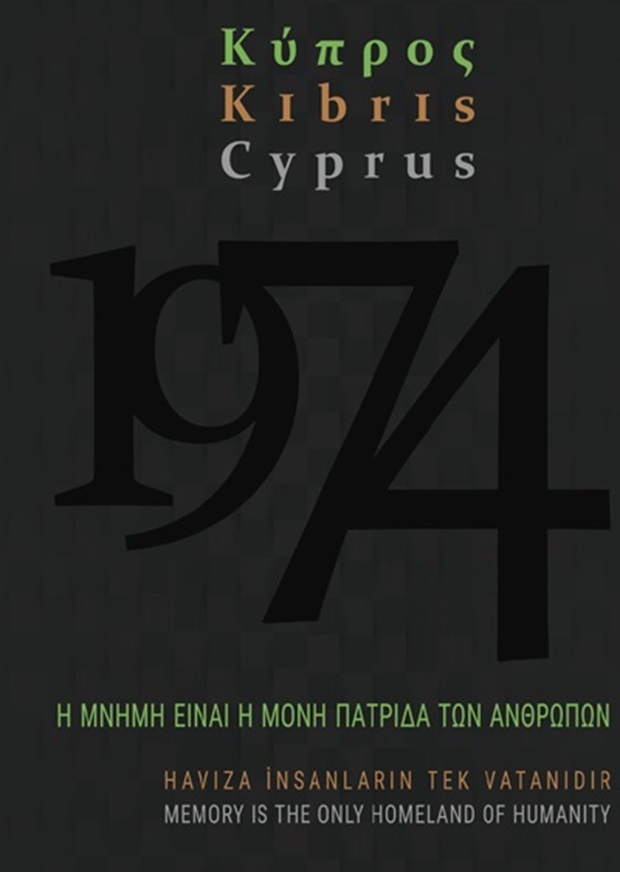
Title: 1974: Memory is the only homeland of humanity
Scientific committee-Texts by: Kyriakos Charalambides, Andreas I. Voskos, Paschalis M. Kitromilidis, Anna Marangou, Petros Papapolyviou, Anthi Tofari, Evanthis Chatzivasileiou
Publishers: House of Representatives of Cyprus and Hellenic Parliament Foundation
Subject: History
Year: 2024
Pages: 211
“Golden green leaf, fallen in the sea”
(Leonidas Malenis)
Cleansed from the unbearable pain, Greek Cypriots, Turkish Cypriots and Greeks come together to remember and define the future through an exhibition – station dedicated to the events of 1974 in Cyprus. The the Hellenic Parliament Foundation, in cooperation with the House of Representatives of Cyprus, on the occasion of the 50th anniversary of the restoration of democracy in Greece and the Turkish invasion of Cyprus, in cooperation with more than 150 public and private institutions in Greece and Cyprus and more than 80 individuals and families, organized in the building of the Old Smoke Factory an exhibition – a station, a corpus of reference for the institution of democracy and for the tragic circumstances of the diversion from the democratic constitution.
The publication accompanying the exhibition is translated into two languages: English and Turkish, and is in itself an expression of desire, solidarity and reconciliation between Greek Cypriots, Turkish Cypriots and Greeks. Images from the events of the time , artworks and poems, come to move the reader to the fullest extent. Once again in the history of war conflicts, the background will illuminate the absurdity and the “unbearable lightness” of people’s decisions without the ability to teleologically approach history itself and their own fate.
In her foreword, Anita Demetriou, Speaker of the House of Representatives of the Republic of Cyprus, said in her speech that the impressive transformation of life on the island “never ceased to build a better tomorrow for all, Greek Cypriots, Turkish Cypriots, Maronites, Armenians and Latins, proving, in the most adverse conditions, the words of the first Greek Nobel Prize-winning poet George Seferis, that Cyprus is a place where the miracle still works.”
The President of the Hellenic Parliament, Konstantinos Tasoulas, greets the publication with a poem by Costis Palamas.
“Welcome Friends! To Cyprus the ethereal
The Blessed Land
In the lovely tortured body the pure soul did not die.
And lives and lives and lives!
The poet Kyriakos Charalambides mentions in a poetic prose with deep tolerant and apt words the value of language “of course the idiom colours the language and stirs up life-giving substances that are inherent to its primordial origin…. I attempt with my poetic bow to make our language a drain on our cultural stratifications and activate it musically…“. But also in personal family moments where only a poet could treasure the intensity , depth of moment and energy.
Andreas I. Voskos, professor emeritus of the University of Athens, is deeply moving with his phrase “I will not go to a civil war, (what kind of a Homerist I would have been then!) if the Turks are beaten up, then I will go“, referring to the hearing of the war with the Turkish Cypriot brothers.
Evanthis Hadjivassileiou, professor at the University of Athens. Secretary General of the Hellenic Parliament Foundation for Parliamentarism and Democracy, and to whom the organization of this group exhibition and the excellent publication are largely due, develops a literary text, a touch of the soul, on how the events marked his teenage years and the rest of his professional career.
Paschalis Kitromilidis, member of the Academy of Athens, professor emeritus of the University of Athens, refers to the feeling of loss but develops a long course of tragic destination for the island, starting from 1821 with the Revolution and later with the establishment of the new Greek state and the parallel stories of success and defeat, emphasizing the definitive, great absence of ancient Greek civilization from the coast of M. Asia and any threats as a consequence of these events.
Petros Papapolyviou, associate professor at the University of Cyprus, remembers, reminisces and concludes with the emphatic conclusion: “the greatest loss that is impossible to replace, of all the precious things we left behind, is our cemeteries, with those who rest there. For centuries.”
Anna Marangou, archaeologist-historian, mother and grandmother, gives us the architecture of the habitation in Varosha, then and now. Images that are taken for granted , the blossoming lemon and almond trees, the joy that nature’s awakening gives, are not taken for granted in a devastated city ” There is a new popular terminology for my city, advertised as “dark tourism”! It offers something abnormal that stimulates sick imaginations, something strange, an experience never before experienced“.
The publication gives feelings of deep emotion and many reflective opportunities. How far are we as a country from the possibility of a repeat of the tragedy of territorial claims? What would be the best solution for Cyprus and how close is such a prospect? Immigration, because of the war, has brought to the country and the rest of Europe many highly cultured people with centuries of history and culture in their own country. Many did not make it across the Aegean. How much immense suffering there is in the war-torn countries of our times and how truly we can be positive about the elimination from the planet of human suffering due to war conflicts in an era that has been described as nationalising and enclosing the concept of ‘country-state’.

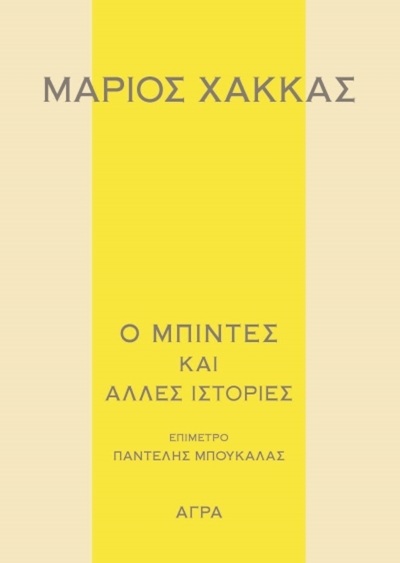
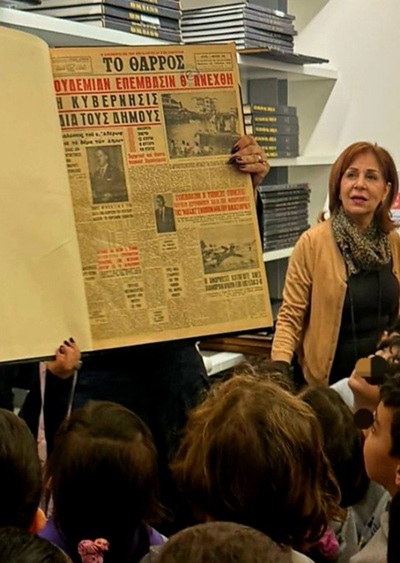
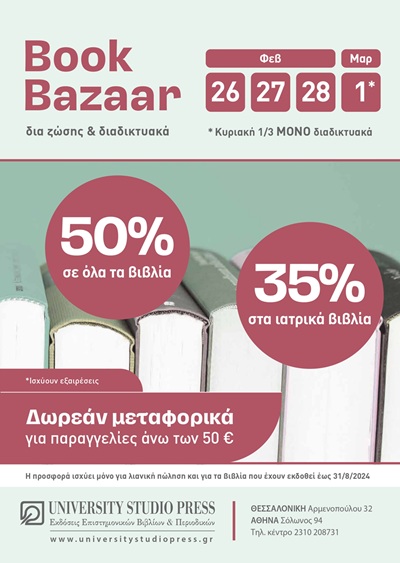
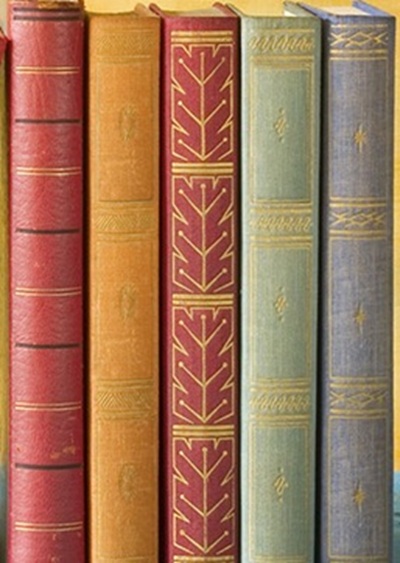


Leave A Comment